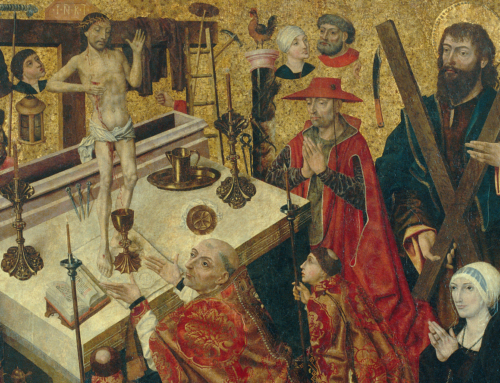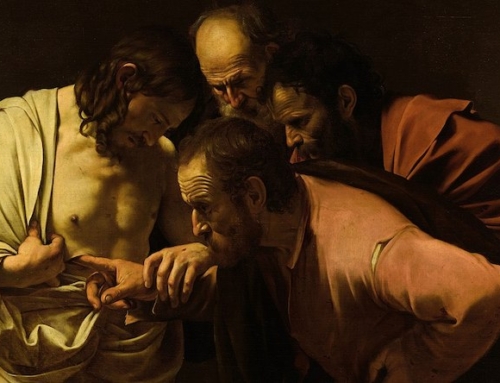Editor’s Note: Br. Jordan Zajac, O.P. was ordained as a priest this past May. Prior to his ordination, he wrote this reflection on the Sacrament of Confession. We pray it is spiritually enriching for our readers.
There’s a hotel in Wilmington, North Carolina located on the grounds of a former convent, where nuns used to live and pray. The convent had been closed some years ago, and recently it was converted into this hotel.
As a way of acknowledging the history of the property, the owners decided to get “creative,” turning one part of the old convent into an amenity for their guests. No clear explanation for it is given on the hotel website’s FAQ page. It’s not even mentioned when you check in. Instead, it’s just listed on a hotel map for guests to discover themselves. It involves a modified confessional. What you do is enter the confessional with your key card, sit down, and take up a keyboard that’s there. What’s next? Well, you’re encouraged to type in your deepest, darkest secret. It’s completely anonymous, but your answer gets recorded in the system. To compensate your candidness, up on the wall it will then randomly select and display what a previous guest typed in. You reveal your darkest secret—the worst choice you’ve made—and you get to learn about someone else’s.
This amenity seizes upon something fundamental to the fallen human condition, but at the same time it twists it. You could say this hotel confessional contains two truths and a lie.
The first truth is: when it comes to the things we have done that we’re not proud of, the natural instinct is to hide them. Hide them from others, from God, even from ourselves. We try to ignore them, but we carry them with us.
A second truth is that we all have a desire to be free. Freed from what we keep hidden. From what we’re ashamed of.
The lie is this: that we can somehow get rid of the things we’re not proud of all by ourselves. You can just type it in anonymously and leave it there. As if learning someone else’s deepest sin can free you from yours. It’s a false form of forgiveness. You walk into this hotel confessional with all your sins, and when you walk back out they’re all still there. Something has been recorded, but nothing has been deleted.
If I stayed at this place, I would ask for a refund.
Yet even then, I would still be stuck with all my baggage. “I remained to myself a place of unhappiness,” says St. Augustine about his life of sin, “in which I could not abide, yet from which I could not depart” (Confessions, Bk 4, ch. 7).
Confession is about freedom. It marks a departure and a new beginning in which to abide. A beginning where all has been forgotten. When the priest says the words of absolution, it’s like those sins get erased and the eternal hard drive is wiped clean (cf. Ps 51:11). Properly speaking, it’s inaccurate to suggest the omniscient, immutable Creator can forget something—or anything, ever. But at the same time, he wishes to inspire deep confidence in the reality of his mercy and the relationship with him that’s restored by his forgiving the guilt of our sins.
When St. Margaret Mary Alacoque first started receiving visions of Christ, who asked her to promote devotion to his Sacred Heart, she of course had a hard time finding people who believed her. No priest wanted to be her spiritual director or confessor. The first time she met Father Claude de la Colombière, he was also dismissive. He told her, “If Jesus appears to you again, you go back and ask him what the last mortal sin was that I confessed. If you can tell me that, then I’ll be your spiritual director.”
Our Lord did indeed appear to her again, and she asked him. Jesus looked at her and all he said was, “I don’t remember.”
✠
Photo by Nik Lanús on Unsplash







